May 26, 2025 | 16:54 GMT +7
May 26, 2025 | 16:54 GMT +7
Hotline: 0913.378.918
May 26, 2025 | 16:54 GMT +7
Hotline: 0913.378.918
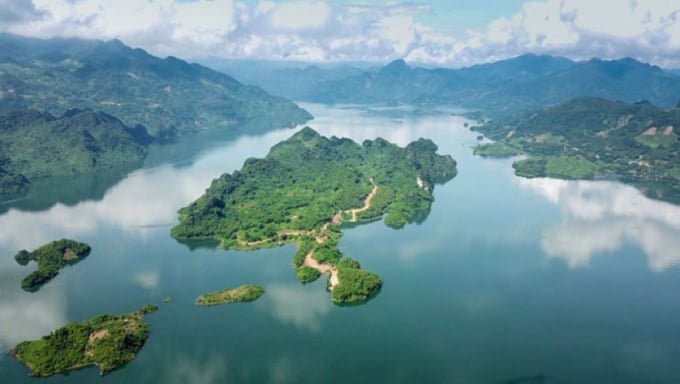
Hoa Binh Lake is short of about 945 million m3 compared to demand. Photo: TL.
According to EVN, the main flood season has passed for northern hydropower reservoirs, but no major floods were sighted in the Red River - Thai Binh basin up to the present date.
Although the important reservoirs in the Red River basin have actively operated, prioritizing water storage at the end of the flood season and the beginning of the dry season, the water level of large reservoirs however remains at a very low level. The total amount of water stored in reservoirs is only 30-65% in comparison to the average level of the previous years.
The total shortfall considering the normal water rise level of the whole reservoir system is approximately 5.7 billion m3 at the moment. To be more specific, Hoa Binh lake is 945 million m3 short of the minimum requirement; Thac Ba lake is 415 million m3 short. The water level in Lai Chau and Son La reservoirs is also 5-10m lower than the normal level.
With the water shortage situation as mentioned, along with the assessment of the National Center for Hydro-meteorological Forecasting regarding the hydrometeorological tendency until the end of 2021, it is possible that the water sources in the last three months of 2021 to large reservoirs in the upper Red River and the river basins of the Northern region will continue to be short of 30-50% compared to the average level of the previous years. The level of water shortage in the lower Lo and Red Rivers may be up to 60-80% in particular.
It can be concluded that the risk of severe water shortage during the rest of the dry season is imminent.
Translated by Samuel Pham
/2025/05/26/3422-3-102748_432.jpg)
(VAN) Prime Minister Pham Minh Chinh has been honored as the Distinguished ASEAN Leader at the ASEAN Leadership and Partnership Forum (ALPF) 2025 held in Malaysia, affirming Vietnam’s role and reputation.
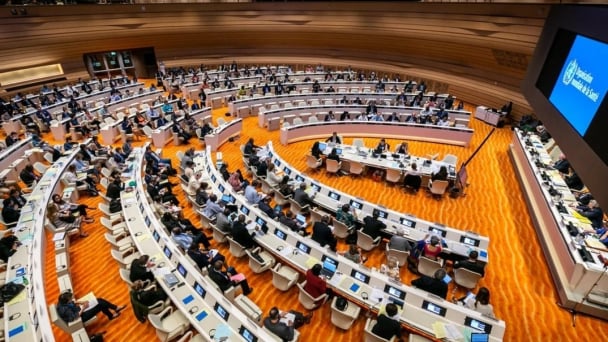
(VAN) At WHA78, with health placed at the heart of the global climate storm, Viet Nam enters a new commitment to protect communities from increasingly severe risks.
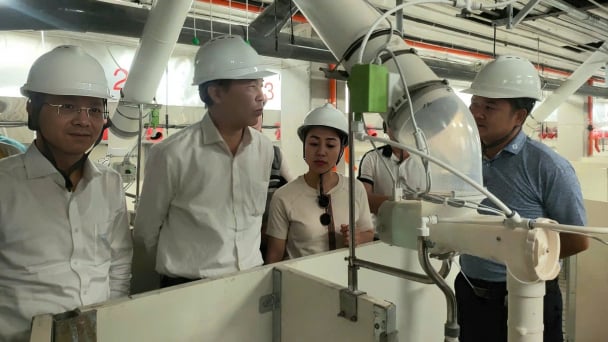
(VAN) Despite investment costs being 1.5 to 1.8 times higher than conventional methods, multi-story pig farming demonstrates outstanding effectiveness, increasing land-use efficiency by 4 to 10 times.
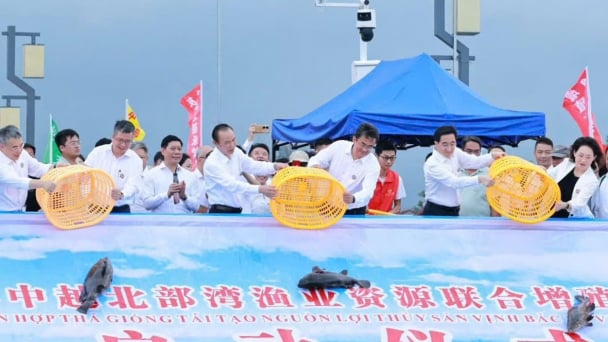
(VAN) Deputy Minister of Agriculture and Environment Phung Duc Tien leads a working delegation to participate in several key activities in China aimed at promoting agricultural and fisheries cooperation.
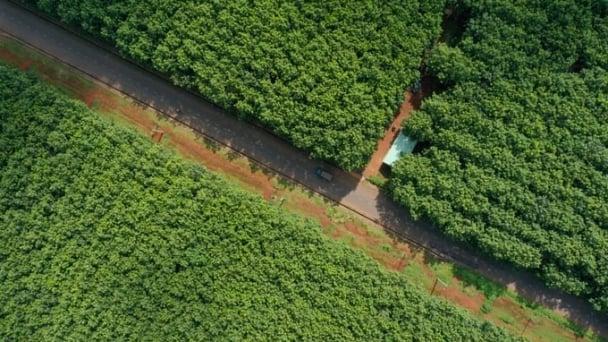
(VAN) The European Commission has just released a list of ‘low-risk’ countries for deforestation, which includes Vietnam.
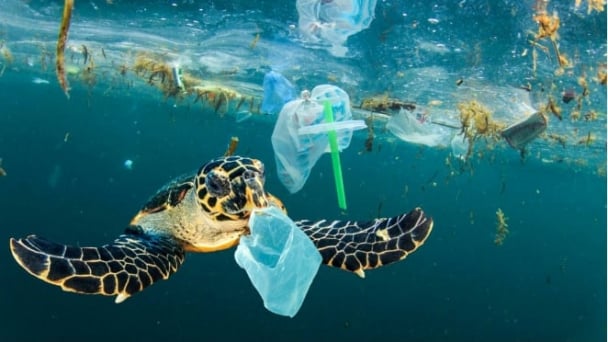
(VAN) The convenience of single-use plastics is leaving lasting consequences for the oceans.
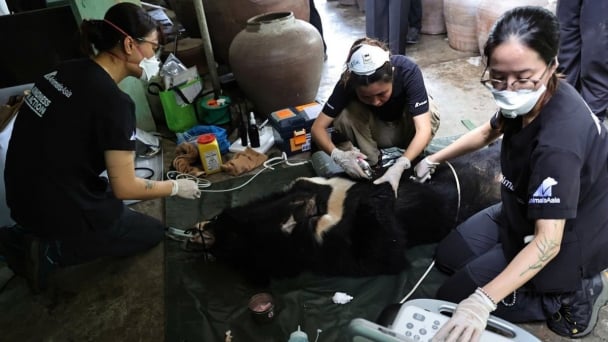
(VAN) On the morning of May 23, in Nghe An, the Animals Asia Foundation successfully rescued a Tibetan bear and transferred it to the Vietnam Bear Rescue Centre located in Bach Ma National Park.